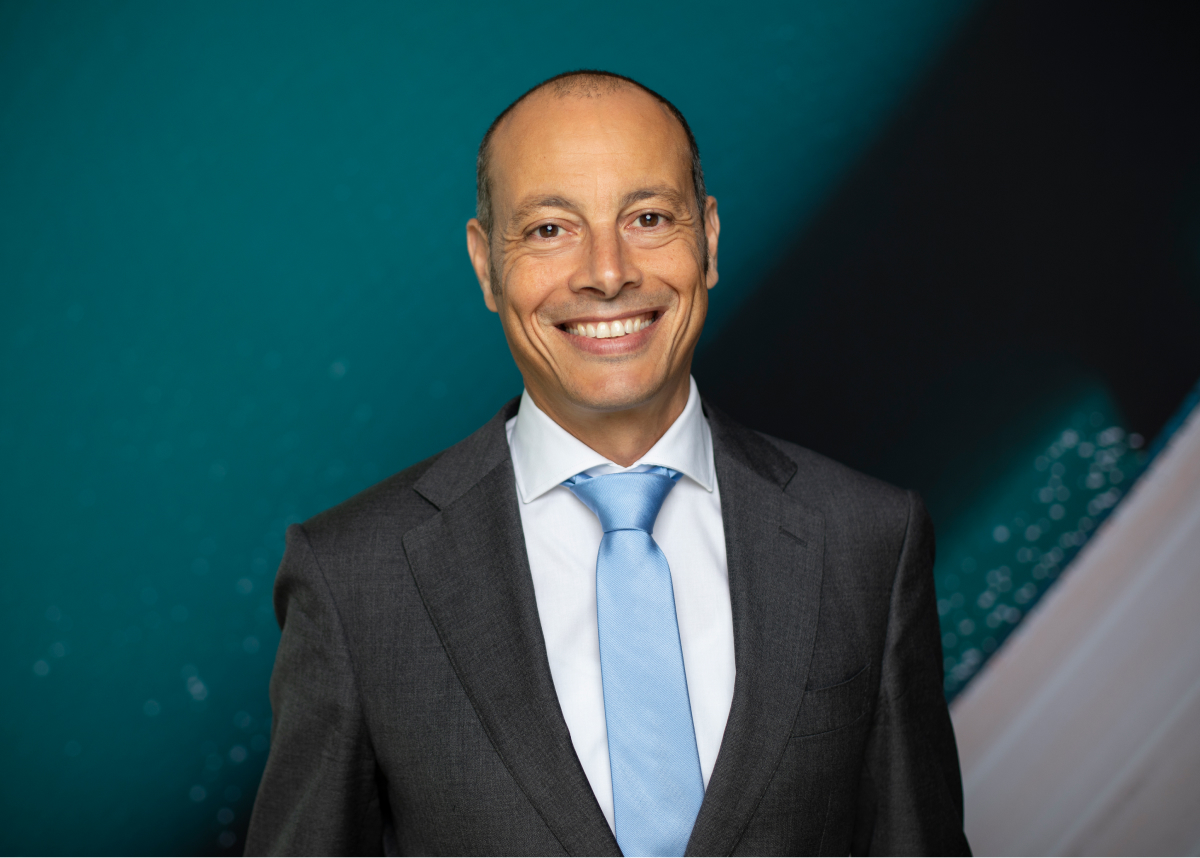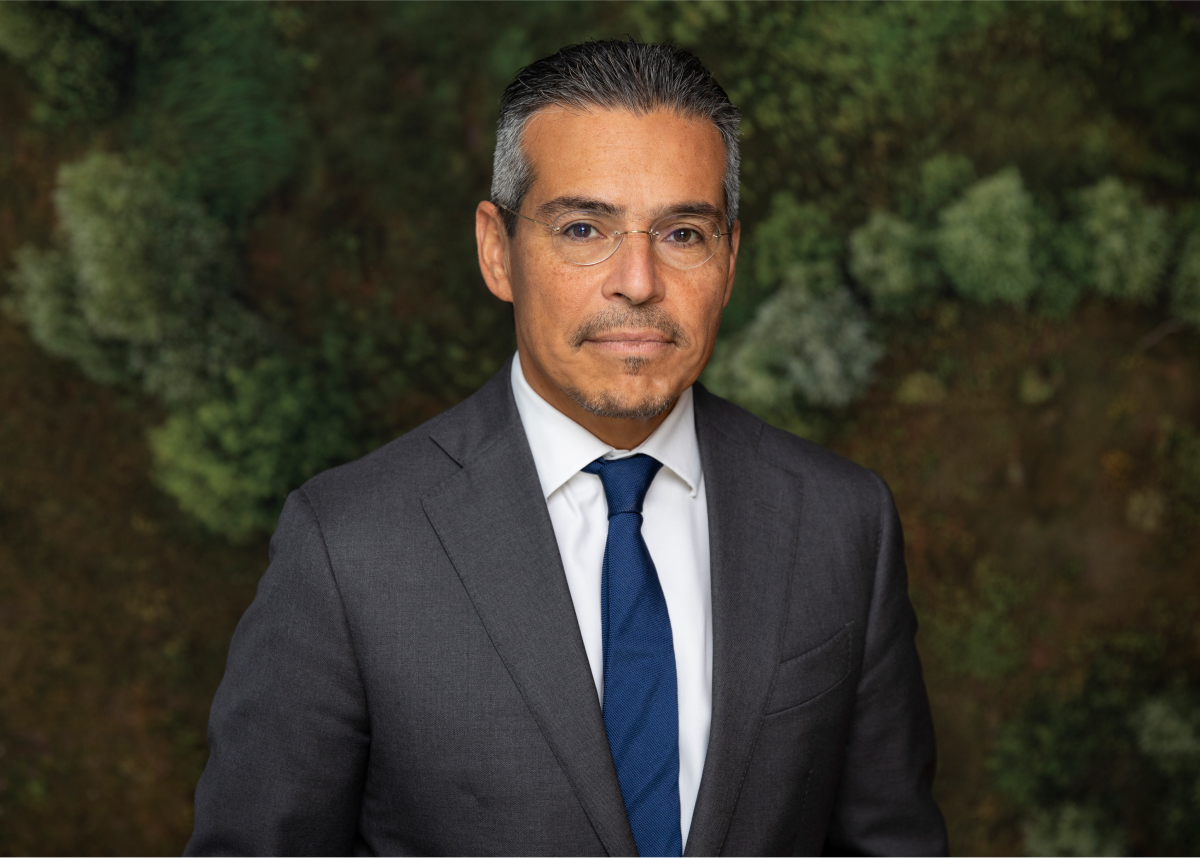
Fixed income
We manage diverse fixed income portfolios spanning global sovereign bonds, investment grade bonds, global high-yield credit and emerging market debt. We select managers who share our values, vision, and principles.
Find out more about our fixed income strategies
Read more

Hicham Zemmouri Rochdi
Managing Director Bonds

Rodrigo Araya Arancibia
Managing Director Bonds
We are pleased to report that 71% of the fixed-income portfolios are invested in funds that are acting to avoid environmental and social harm. Additionally, 9% of the portfolios are allocated to funds benefitting stakeholders, and 8% to funds contributing to environmental and social solutions – notably, a new fund onboarded in 2023 See Figure 13.
We also note that 12% of the fixed-income portfolios is allocated to funds that are classified as in the “may/ do cause harm” category. In large part, this has to do with the emerging market debt portfolio where there are significant challenges to overcome when it comes to assessing sustainability metrics in general (see below, on decarbonisation). In addition, from time to time we invest in passive ETF funds which follow the index; we do not assign an impact potential to passive funds.
Onboarding a responsible global high yield fund
The newly onboarded fund that contributes to environmental solutions is distinct for several reasons. Firstly, it’s not a European green bond fund with potentially lower yields; instead, it’s a global high-yield responsible fund prioritising superior returns while advancing towards a low-carbon economy. This fund sets explicit carbon intensity targets and upholds a strict exclusions policy, including fossil fuels, tobacco, aerospace and defence, and issuers failing the UN Global Compact Principles.
While this new fund is a leader in responsibility and environmental solutions, we emphasise that our primary selection criterion remains its strong financial performance. Its alignment with our ambition to decarbonise portfolios by 2040 is an added benefit. Importantly, onboarding this fund significantly reduced the carbon intensity of our clients’ high-yield bond portfolios, and our early investment also secured a fee advantage for our clients. Such high-quality funds, with superior financial return objectives and sustainable impact objectives in the global high-yield space are rare.

Navigating emerging market debt challenges
Another noteworthy fund focuses on emerging market debt, investing in sovereign bonds across democratically governed emerging markets. By excluding countries with low democracy levels, this fund diverges from the benchmark which creates additional bias and risk in the portfolio which must be managed. In 2023, that led to outperformance for this fund due to certain country exclusions where that country performed poorly, however, the reverse can also be true. That said, we expect this fund to outperform as low levels of democracy are often coupled with weak institutions and low-quality governance. Evidence shows this leads to below-market returns as those states often have excessive fiscal deficits, high inflation, and depreciating currencies.
Our selection criteria prioritise managers demonstrating expertise in robust fundamental research, managing bias risks, and actively engaging with issuers.
Decarbonising emerging market debt portfolios poses significant challenges due to industrialisation dependence, financial constraints, and lack of infrastructure as just a few factors. Decarbonising the broader fixed income universe also presents complexities, including diverse issuers and limited influence over emissions as compared to equity shareholders. Strategies like investing in green bonds, integrating ESG criteria, and engaging with issuers are key. To take advantage of these trends in Europe, in 2023 we launched a new strategy to invest in the European global aggregate bonds universe.
Through our RI Scorecard and other assessment tools, we try to ensure that our investment managers adhere to the highest standards of ESG principles. In 2023, 48% of funds were considered leaders in ESG integration and sustainability risk management. The remaining 52% were considered professionals in their efforts. See Figure 12.
Using all levers to influence change
When it comes to improving the ESG performance of the portfolios, selection and engagement are our primary levers, but divestment remains a tool when engagement fails, particularly when managers’ practices contradict our RI principles.
In addition to this, we actively participate in discussions. For example, we actively engage with industry groups like the Institutional Investors Group on Climate Change (IIGCC) to enhance industry standards, measurement practices, and engagement recommendations when it comes to carbon accounting issues with emerging market sovereign debt. We believe in transparency and accountability in our investment decisions. Our goal is to not only achieve financial returns for our clients but also to contribute positively to environmental and social outcomes when that aligns with our primary performance objectives. Ultimately, we believe those portfolios that can do both are going to be the most powerful tools to transition investors’ fixed-income allocations to be better for the environment and society.
ESG and IMP assessments
O
ESG assessment
Leader
48.3%
Professional
51.8%
Novice
0%
Laggard
0%
Not scored
0%
O
IMP assessment
Acts to avoid harm
70.6%
Benefits stakeholders
9.4%
Contributes to solutions
7.9%
May/Does cause harm
11.8%
Not Reviewed
0%
Investment grade bonds
Total carbon emissions (Scope 1 + 2)
tCO₂e
Economic intensity
tCO₂e/€m invested
Benchmark
Anthos investment grade bonds
Global high yield bonds
Total carbon emissions (Scope 1 + 2)
tCO₂e
Economic intensity
tCO₂e/€m invested
Benchmark
Anthos high yield bonds
Figure 14: Anthos corporate fixed income carbon emissions vs benchmarks Carbon metrics ©2023 MSCI ESG Research LLC. Reproduced by permission. Benchmark: MSCI World ACWI Reflects reported and estimated emissions. For details about methodologies (see appendix).

Next page
Real estate